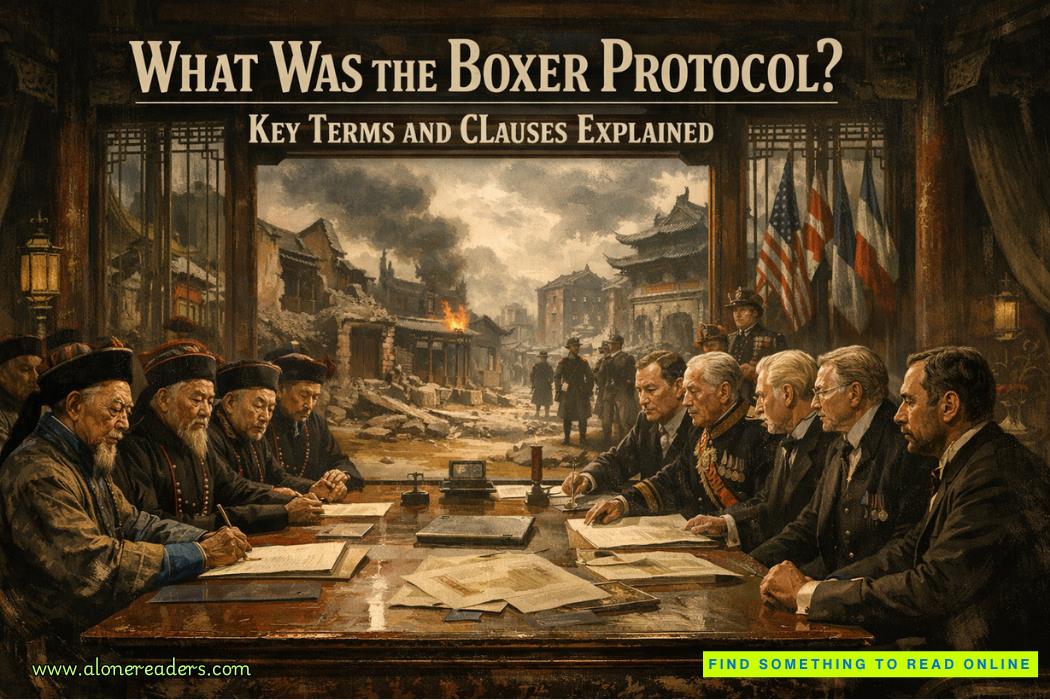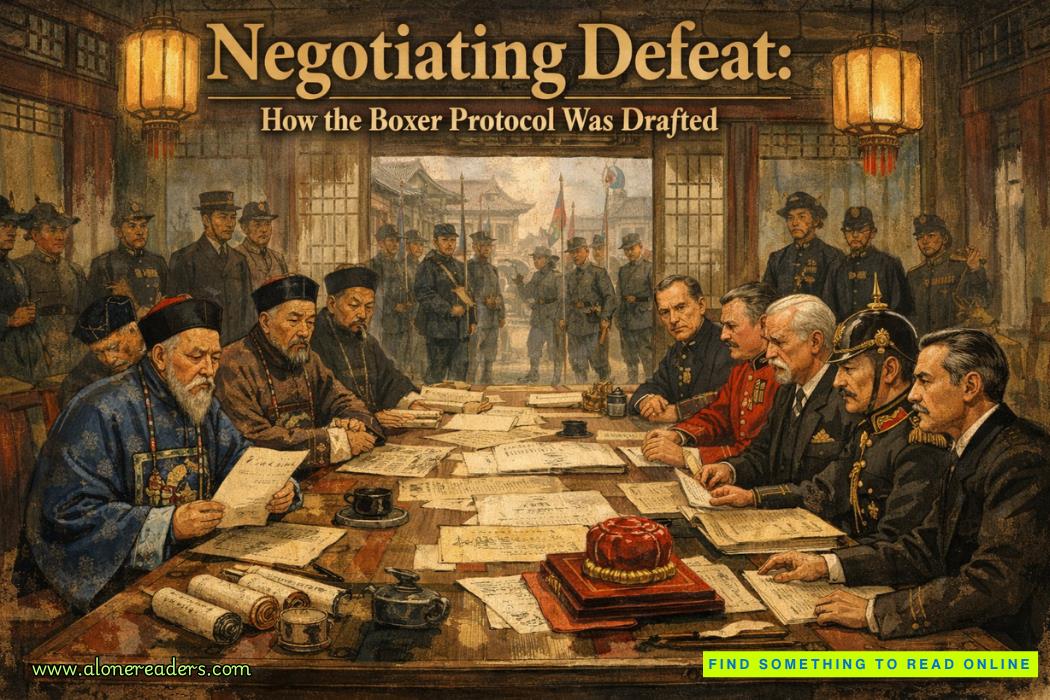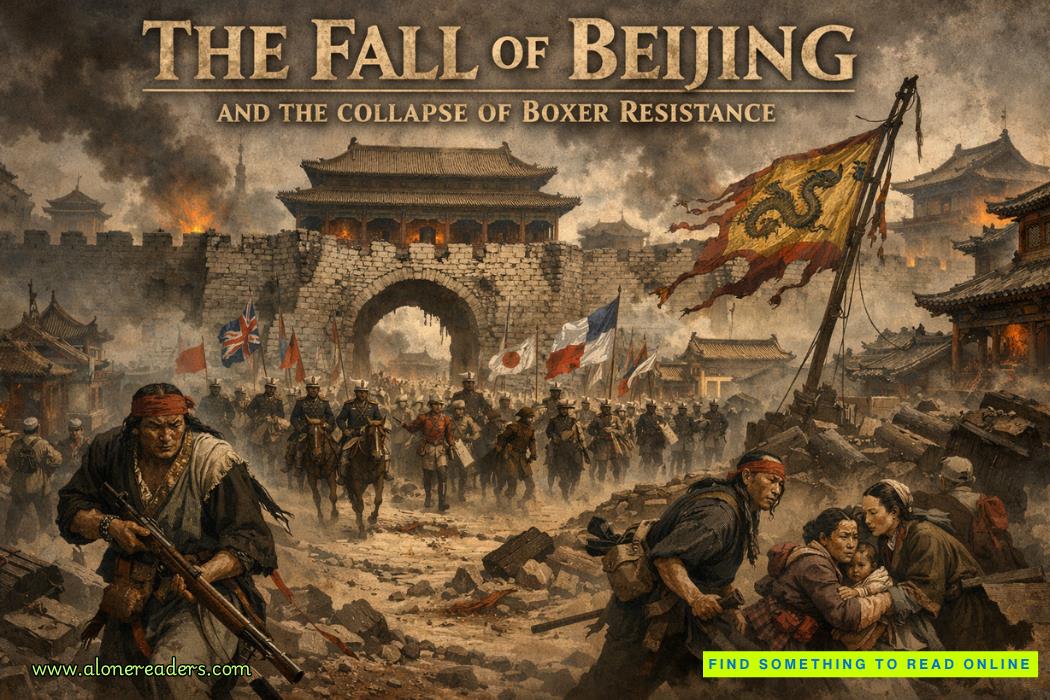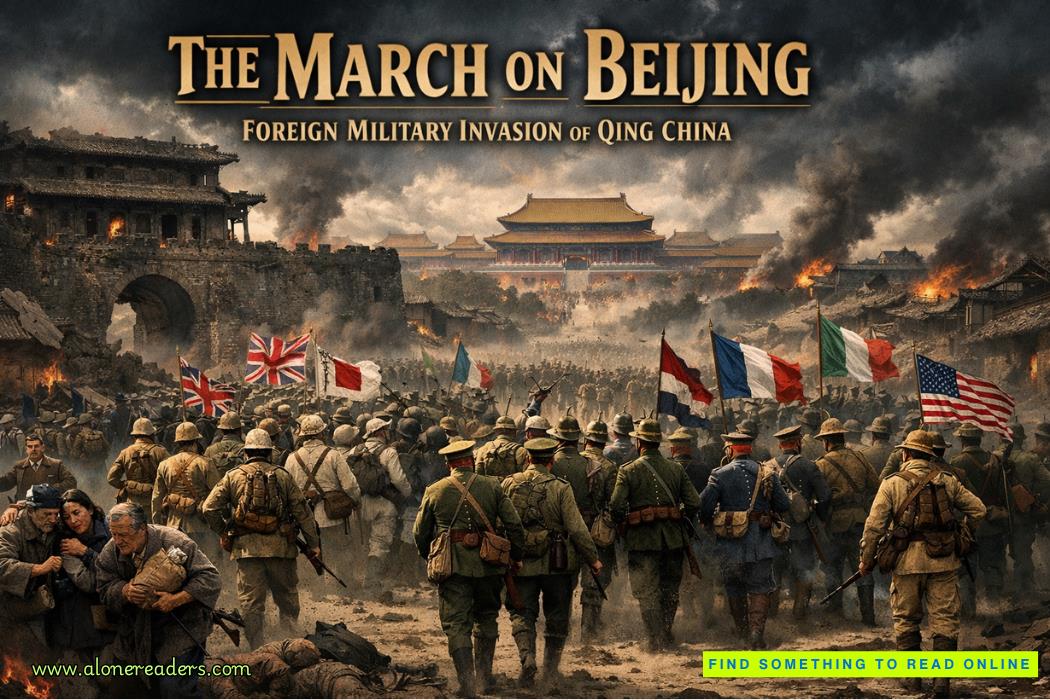I lose the coin toss, so my opponent serves first. I’m tight, and he serves me two aces. Sweat beading on the back of my neck, I adjust my cap and get into position to await the next serve. This time, I’m looser, ready for it. I return, winning the point.
The match is close, but I win 6-4, 7-5, getting another point for our team.
As I walk off the court, I glance up into the stands. Bryce is clapping, looking pleased with himself before he leans in to say something with a smug expression to the guy beside him.
After we takeour showers and change, the guys talk about going out to celebrate, but Priestley warns us about staying fit for the match against Harvard next weekend. The guys groan and roll their eyes when he’s not looking, but they get it. We’re athletes, and this is important. We need someonelike Priestley to ruin our fun sometimes. To keep us on track. Stop our standards from slipping.
Bryce is waiting for me outside the courts, his business associate standing next to him, checking the time on a flashy Rolex.
“Nathan, good match,” Bryce says.
The associate shakes my hand and congratulates me on the win.
“Not a Princeton man myself,” he says. “I was at Stanford.”
I nod, knowing the script by heart.
“Stanford has a great tennis team.” Stanford is our closest rival. It rankles a little having to hype it up.
“Excellent,” the associate agrees with a nod.
Bryce clears his throat. “Nathan, let me take you for lunch.”
I’m about to make up some excuse about a meeting at the frat house or a class I have to rush off to, when Priestley comes jogging over, looking fresh in his crisp polo and chinos, like he hasn’t just played hours of competitive tennis.
Bryce lights up at the sight of him and they shake hands like old friends.
Bryce doesn’t even have to introduce the associate, Priestley shakes his hand and asks about his wife and kids.
“Priestley, why don’t you join us for lunch?” Bryce asks, as if I’ve already said yes.
“I’d love to, but I have some pressing fraternity matters to take care of.”
“That’s a shame. You don’t mind if I steal Nathan, do you?”
Priestley slaps me on the shoulder. “I’m sure I’ll manage without him for a few hours.”Great, thanks.
Bryce starts talking business the second we sit down in the stuffy bistro. The place is full of businesspeople in stiff suits discussing mergers and stocks over grilled salmon and bloody cuts of steak. Despite taking a shower after the match, I’m worried I smell bad. The armpits in my nice shirt are already wet.
“I was just telling Mason about the little business venture you have going with your friend, Ben,” Bryce says, trying to draw me into the conversation.
Mason seems to have that smug grin surgically etched onto his face. He looks over at me, still caressing the stem of a wineglass he’s been nursing since we sat down.
“You know John Harris?” Bryce turns to Mason. “Ben is his youngest.”
“Ah, of course, John Harris. I saw him last week at the club … ”
I zone out while they talk about old friends and business associates and gossip from the country club. It took a lot of getting used to when I joined private school in my sophmore year of high school. Everyone knowing each other already, people judging you by who your dad is. I quickly learned that it was best to tell them about Bryce rather than say my dad left when I was five. Nothing screams ‘trailer trash’ quite like not even knowing where your father is.He’s on a six month business trip in Dubai and you can’t remember what he looks like? Fine. He walked out on you one day when he was supposed to be buying milk? Low-class.
Eventually their conversation circles back to my venture with Ben. Mason asks me to describe the concept. Luckily, Ben and I have discussed it so thoroughly, I know the words by heart. I tell Mason how we plan to create a database for players to find not only coaches, but nutritionists, trainers, sports psychologists, and even other players to practice with.What would make our database different from all the others would be the ability to find everyone in one place and the fact we will branch out into tennis academies one day. Find sponsorships for players from low-income areas. Build courts in these areas and have college tennis players volunteer at schools to get more kids into tennis—not just rich kids whose parents already belong to tennis clubs. Or, like Ben, whose parents actually have a tennis court on their property.
“Your idea sounds solid, Nathan,” Mason says. “Do you have a business plan? Have you thought about backers yet?”
My armpits are swimming now. If I’d have known this lunch was going to turn into an episode ofShark Tank,I would have prepared more.
I clear my throat, trying to ignore Bryce’s gaze.
“We’re still in the early stages right now … ”God am I putting a ‘telephone voice’ on, like Mom?“But we should have a more solid business plan by the end of the academic year.”















